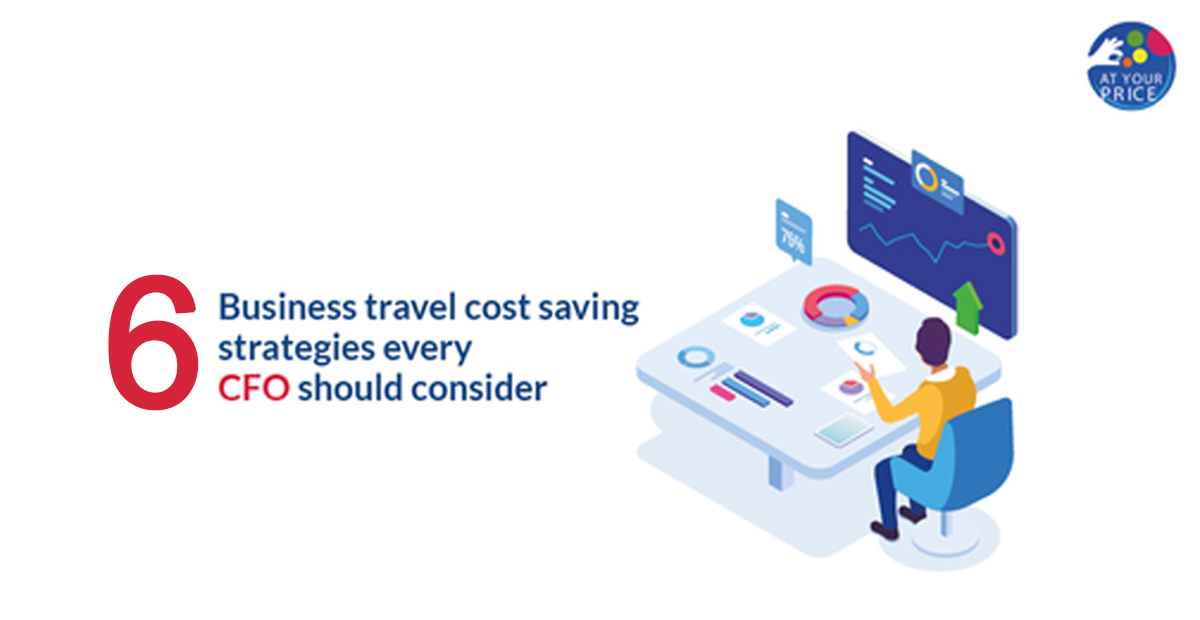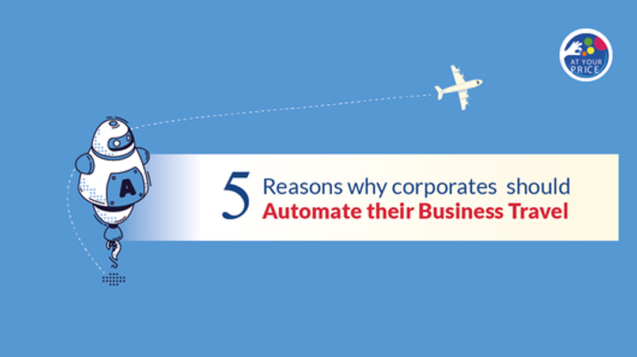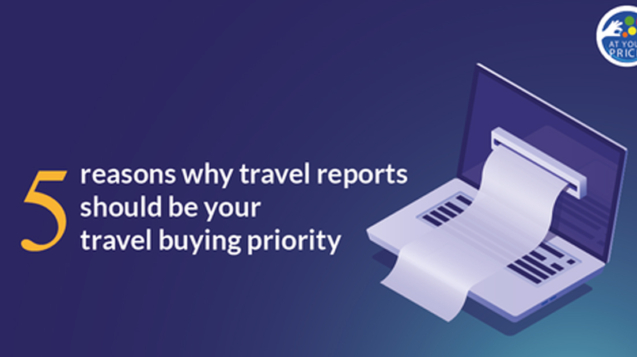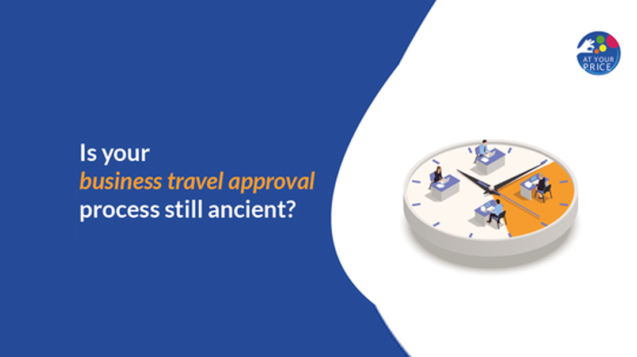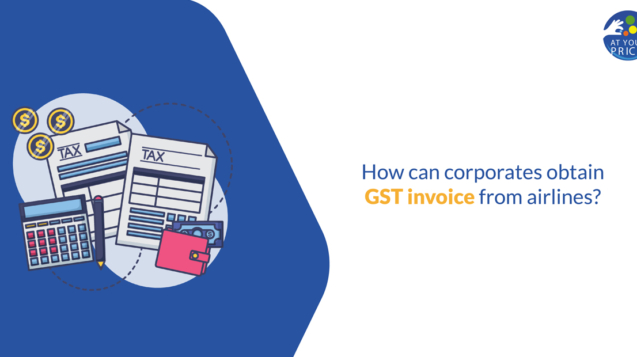CFOs in most companies are always tasked with two concern areas – How to control costs and how to introduce controls within the process. Business travel is a significant cost head and is also a subject that’s directly linked to employee morale. Travel Admin Managers and CFO’s have to tread a delicate equilibrium to balance these seeming contrarian narratives. Good news is competent, and experienced CFO’s across large organizations and MNC’s manage this well and here is how. Following are the five key business travel cost-saving (not cutting!) strategies that you may adopt in your organization.
Business Travel needs a Strategic Plan
Business Travel is both a cost head as well as a leading performance indicator. Hence the CFO has to think and prepare a strategic plan with an end objective of saving cost. However, the question is how? Well, CFOs must make use of travel analytics (by trips, functions, employee grades, cities, trip rescheduling, cancellations and so forth) to help frame strategies that effectively control costs. Further, aligning strategies to provide a traveler-centric experience and reduce trip friction contribute to smarter travel decisions.
Adopt Technology to Reduce Costs
Automation is not a choice anymore. It’s real and can save costs. Automating travel management system in your organization has to be your no.1 strategic priority. To move it to a cloud and also on mobile ensures that your travelers can access the system for booking, rescheduling their business travel on the move. Remember, early information from the direct user means cost saving. It also creates trusts and ownership amongst the business travelers to own up to their actions. Similarly, amongst the travel desk staff and accounts functions, it creates speed and transparency over settlements.
Encourage Policy Compliance and exercise smart controls
As a CFO, you should encourage all the business heads including HR to frame a travel policy that’s detailed and comprehensive. Next up, hand this policy over to your business travel management partner. Periodic monitoring of the dashboard to track performance goes without saying. For the employees to buy into the following policy guidelines, it is essential to involve them in the conversation. Recurrent policy reviews involving the employees is yet another vital way to encourage compliance.
Make cost-effectiveness as part of your company’s culture
The business travel cost is dependent on many factors: travel planning cycle, seasonal demand, and itinerary, trip rescheduling and cancellations, choice of hotels, local travel among several others. To be cost-effective inculcate the culture of planning business travel early (at least a week in advance) amongst all employees of your organization. Be practical and create flexibility in daily allowances and how employees use them.
Partner with a Competent Travel Management Company
A corporate travel management company is an option that CFOs should consider. A right partner not only helps you save cost for the company but also drive the agenda of better business traveler satisfaction. Fruitful relationships give rise to many benefits in the form of discounted airfares, air travel upgrades, priority services, and lower trip rescheduling penalties. Exclusive tie-ups with airlines or a nationally present budget hotels chain can bring in both significant savings and value-added deals.
On the other hand, to improve the business traveler experience, freebies like employees continuing to get a frequent flyer and loyalty rewards program goes a long way in enhancing traveler satisfaction.
Make business travel your strategic priority and find the right travel management partners to execute your strategy to save cost and improve the business traveler experience. Go for it.

